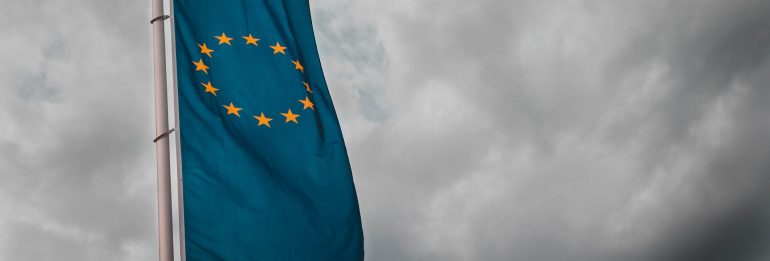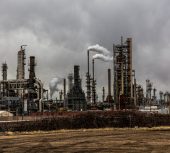In a recent report by the World Wildlife Fund (WWF), several European Union (EU) policies have been highlighted for potentially undermining the bloc's ambitious climate objectives. This critique comes days before the European Commission is slated to release its own assessment.
WWF's 'Hall of Shame'
The WWF has singled out certain EU measures in what it dubs its 'hall of shame'. These include the EU’s lack of taxation on aviation fuels and the controversial inclusion of gas and nuclear energy within the sustainable finance taxonomy, the EU's green investment framework. Furthermore, the report cites inconsistencies in the EU’s bioenergy guidelines and aspects of the Common Agricultural Policy (CAP) as potential stumbling blocks to achieving climate goals. While acknowledging the EU's strides in climate action, the WWF urges the bloc to reassess these policies to ensure a more comprehensive approach.
Michael Sicaud-Clyet of WWF European Policy Office commented on the situation, likening the EU's approach to "insulating its roof with the windows open."
Contentious Policies in Spotlight
One policy that has garnered significant attention is the sustainable finance taxonomy. This framework, which outlines eligible economic activities for sustainable investments, controversially endorses gas and nuclear power plants. The European Commission defends this inclusion, arguing that private investment in gas and nuclear sectors can play a transitional role in the green shift, provided specific conditions and transparency measures are met. However, the WWF warns that this could redirect investments away from genuinely low-carbon technologies. The Commission currently faces five legal challenges over this decision.
Moreover, the WWF report emphasizes the EU’s reluctance to hold heavy industries accountable for environmental degradation. The EU’s Emissions Trading System (ETS) allows industries to obtain a portion of their emission allowances for free. This could result in significant polluters receiving an estimated €460 billion in allowances from 2021 to 2030.
Another sticking point is the absence of a tax on commercial aviation fuel. Current EU policies exempt commercial aviation fuel from taxation, except for domestic flights or under specific bilateral agreements. Wopke Hoekstra, the new EU climate chief, recently voiced his concerns, noting the stark contrast between taxes on car fuel and the absence of a similar levy on aviation fuel.
Farming at the Climate Crossroads
The agricultural sector, too, finds itself at the heart of the climate debate. The WWF suggests that the EU's Renewable Energy Directive inadvertently promotes land use for biofuel and biogas instead of more sustainable and beneficial uses like carbon sequestration or solar farms.
Furthermore, the EU’s flagship Common Agricultural Policy (CAP) is under scrutiny, with the WWF pressing for significant reforms to align it with the pressing climate emergency. This has sparked debates across Europe, as farmers express concerns about bearing the disproportionate burden of green policies.
As Europe gears up for elections, including the 2024 European elections, the impact of these climate policies on various sectors, especially agriculture, will undoubtedly be a pivotal issue.
In light of these revelations, it remains to be seen how the European Commission will address these concerns in its forthcoming assessment. What is clear, however, is the pressing need for a unified, coherent approach to tackle the global climate crisis.
©GlobalCO2.uk





